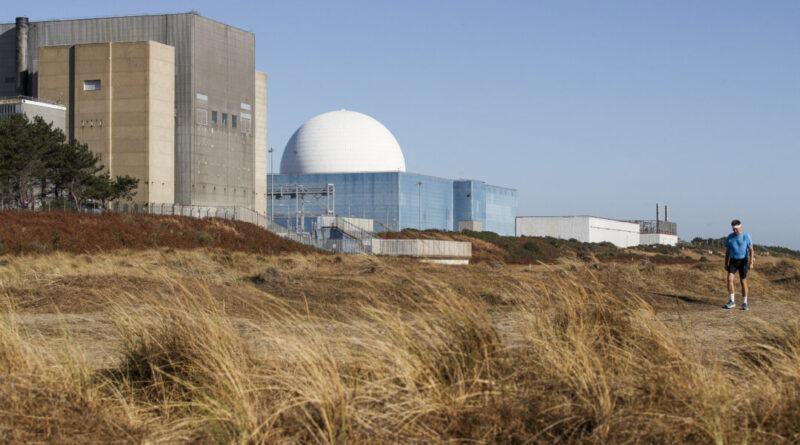EDF confirms extension of lifespan for 4 nuclear power plants
The decision followed NESO’s ‘Clean Power 2030’ report which emphasized the importance of maintaining nuclear energy provision to meet net zero goals.
EDF announced that the lives of four nuclear power stations would be extended beyond their original decommissioning dates to increase energy security and reduce dependence on imported gas.
Heysham 2 in Lancashire and Torness in East Lothian will continue producing for an additional two years until March 2030, while Heysham 1 in Lancashire and Hartlepool in Teesside will generate power until March 2027, an extra year.
These extensions on the four plants with advanced gas-cooled reactors (AGRs) will sustain 3,000 jobs nationwide, according to the French company.
EDF’s decision followed a seven-month review prompted by the National Energy System Operator’s report, which emphasized the necessity of maintaining nuclear energy provision for the government to meet its net zero goals.
Grid Stability
EDF stated that the decision not only strengthens energy security but also supports the expansion of renewables by ensuring grid stability and reducing the UK’s reliance on imported gas.
The company plans to invest an additional £1.3 billion in the five stations it operates over the next three years, in addition to the £8 billion already invested since acquiring the fleet in 2009.
Ed Miliband, Secretary of State for Energy and Net Zero, praised EDF’s decision to extend the life of the four AGR plants as a significant endorsement of the clean power mission.
Miliband stressed the importance of nuclear energy for achieving clean power by 2030, as it ensures a steady supply of domestic clean energy.
1st New Reactor in 30 Years
EDF previously announced in January its intention to keep Sizewell B in Suffolk operational until 2055, making it the UK’s only pressurised water reactor (PWR) due for decommissioning in 2035.
Additionally, EDF confirmed the installation of the first of two PWR reactors at the Hinkley Point C nuclear power station in Somerset, marking the first new reactor installation at a British power station in 30 years since Sizewell B in 1991.
Once both reactors at Hinkley Point C are operational, the station is expected to power 6 million homes.
Miliband described the reactor installation as a major milestone for the UK’s most advanced nuclear project and a win for long-term energy independence in the transition to net zero.
Coal, Oil, and Automotive Industries
While highlighting the progress of the UK’s nuclear fleet and its job-sustaining impact, Miliband acknowledged the challenges faced by fossil fuel-based industries under successive green policies.
Industries such as coal, steel, oil, and automotive have been significantly affected, leading to job losses and risks.
Petroineos confirmed on Sept. 12 the closure of Grangemouth, Scotland’s sole oil refinery, by 2025, transitioning to a finished fuels import terminal and distribution hub due to global market pressures and the energy transition challenges.
Gary Smith, leader of the GMB union, criticized the decarbonization approach, emphasizing the need to balance environmental goals without causing job losses in working-class communities.
The Luton plant, employing 1,120 workers, is set to close in April 2025.





